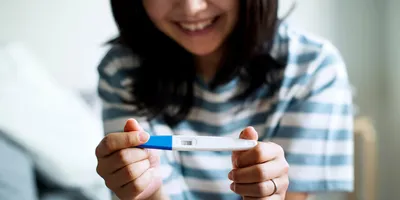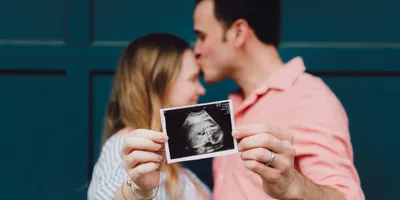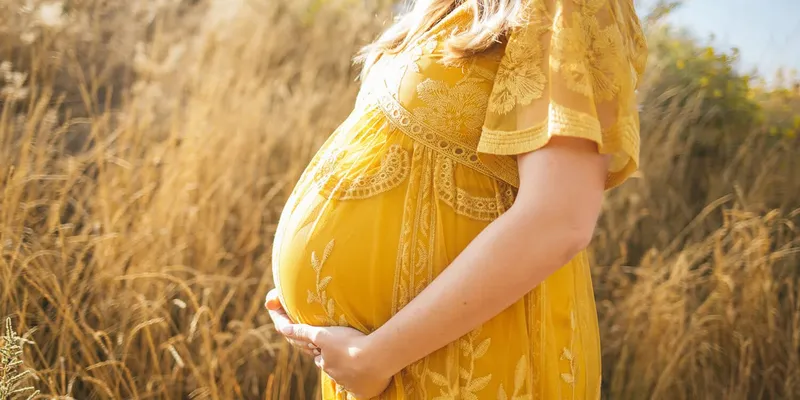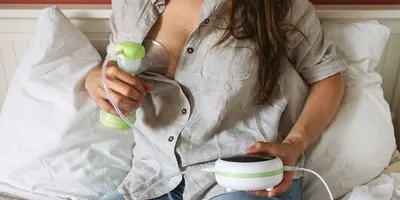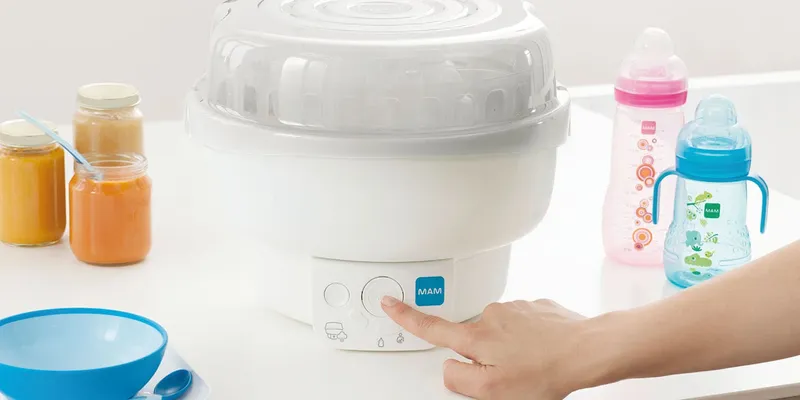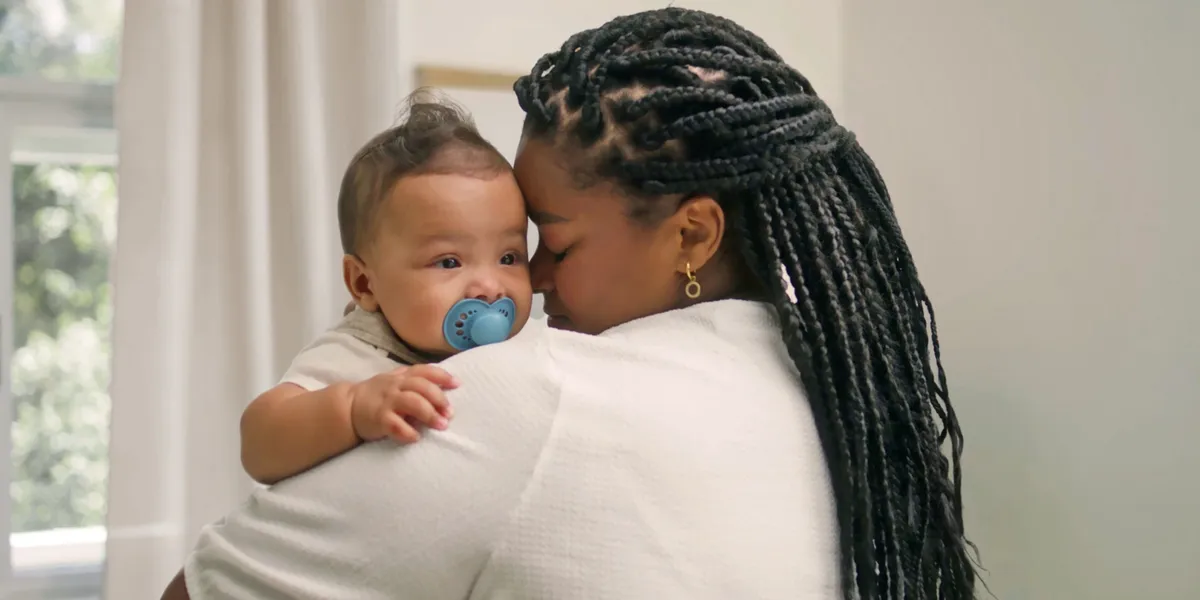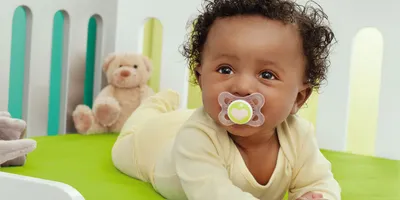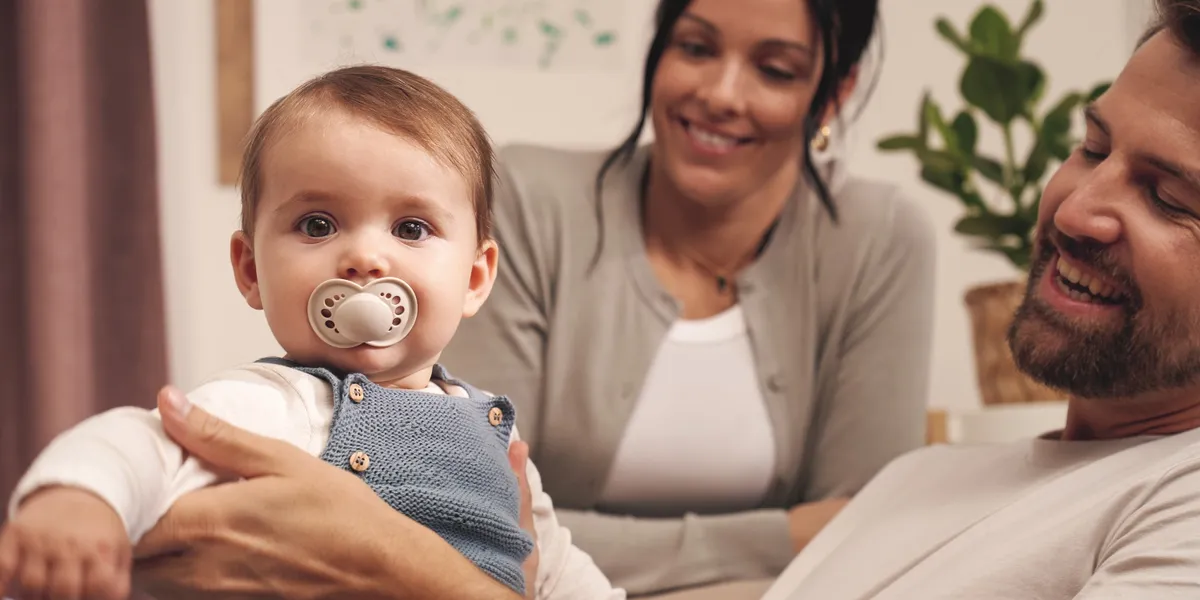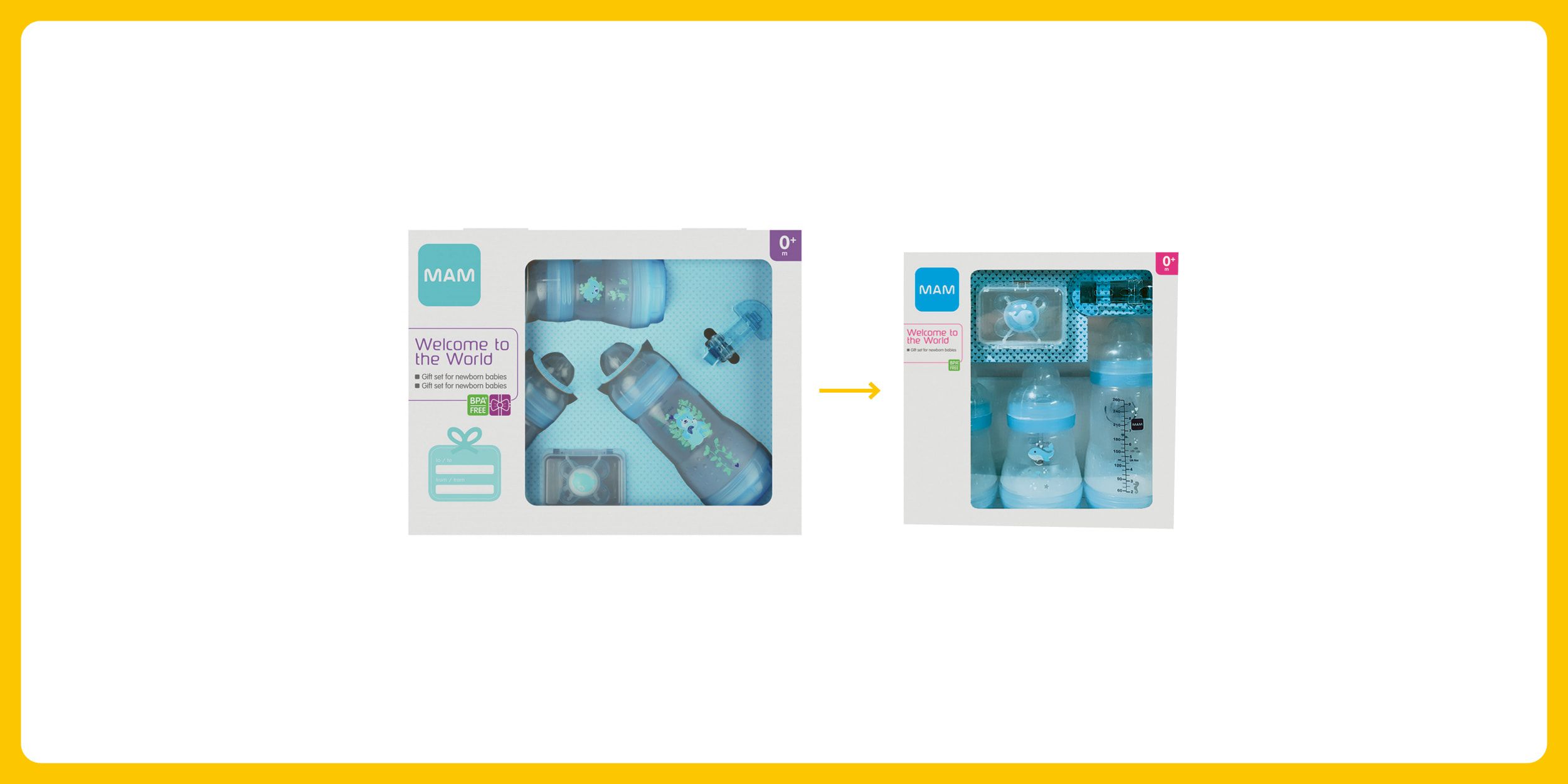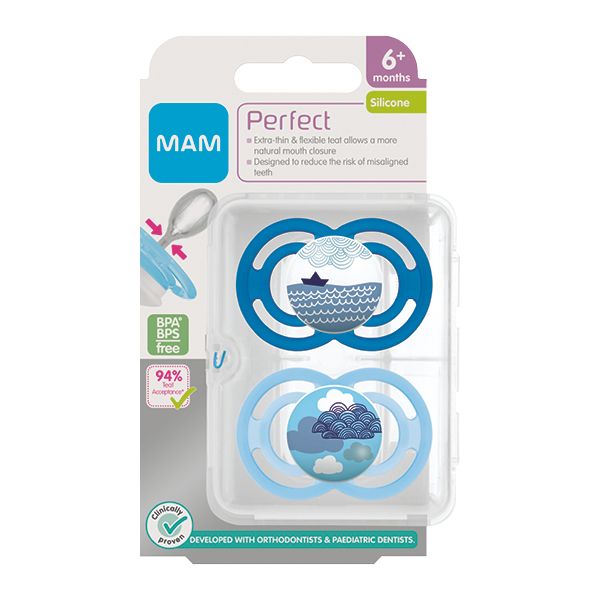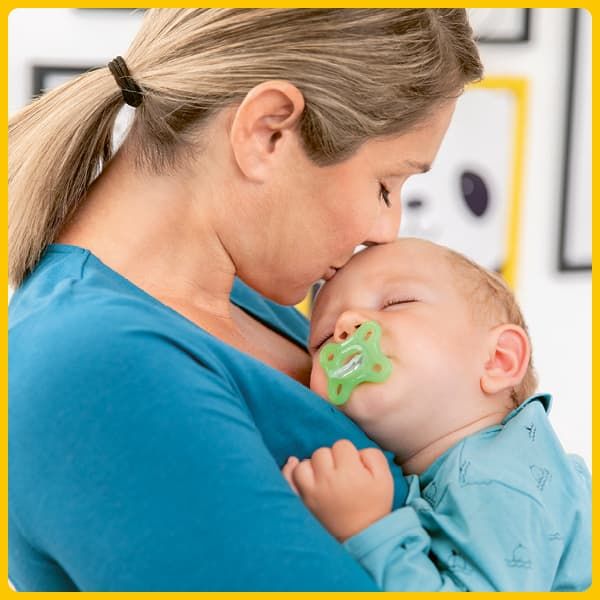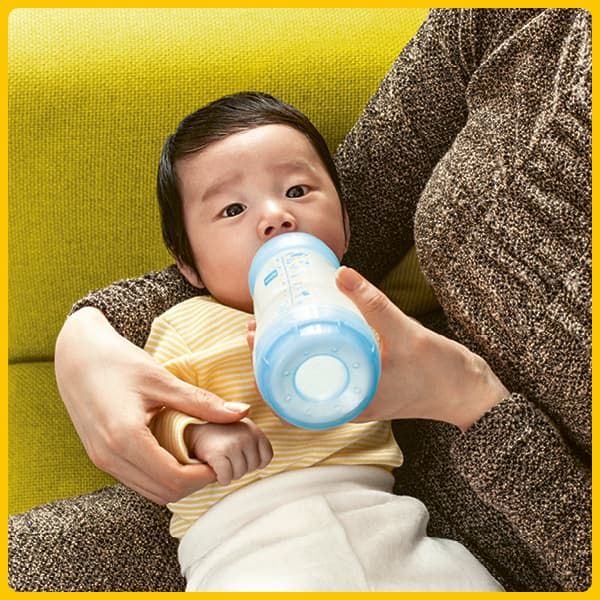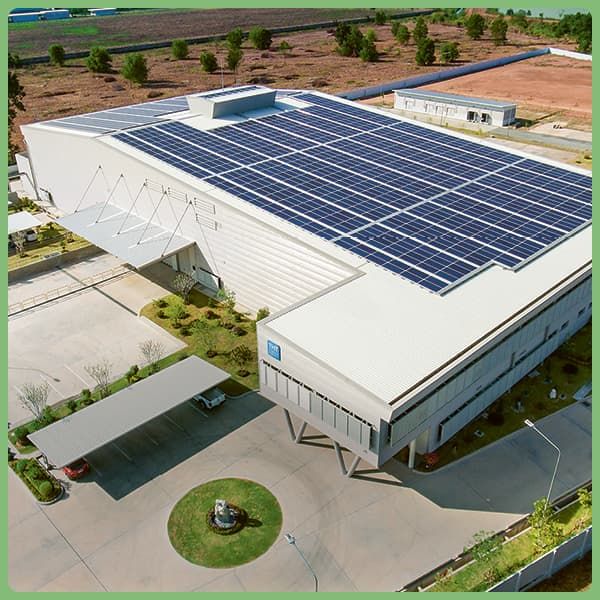Packaging has one main job – to protect the product, especially ones that go into babies’ mouths like those from MAM. Our vision is to develop packaging solutions that do not compromise on safety while maintaining the lowest possible environmental footprint. That is why the design of sustainable packaging has a high priority in our sustainability strategy. We are pursuing three clear objectives: reducing our environmental footprint, increasing the recyclability of our packaging, and using materials that are recycled, made from renewable raw materials or come from responsible sources. In 2019, we created SUPA (Sustainable Packaging), an interdepartmental project that focuses on this. SUPA makes an important contribution to reducing our environmental footprint. Here, too, our holistic understanding of sustainability is very important since we take packaging just as seriously as the product.
In my view, MAM is one of those companies that was already a leader in the field of packaging during the run-up to the project.
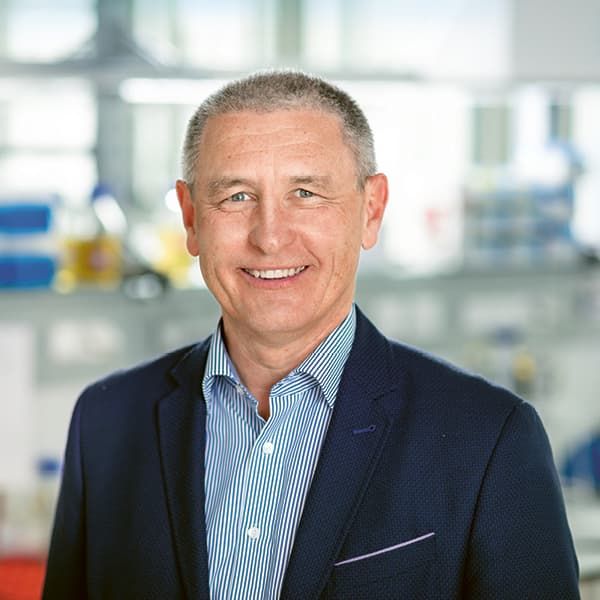
Manfred Tacker
Packaging and resource management expert
Ambitious goals
MAM’s mission is that our packaging is designed in such a way that it protects the health and well-being of babies, has the lowest possible environmental footprint and ensures fair conditions throughout the supply chain. We have developed our strategy for sustainable packaging based on this mission and previous recommended actions. We have come up with seven goal areas and a total of 14 measurable goals with specific key performance indicators (KPIs).
A successful first assessment
We successfully implemented a number of measures during fiscal year 2020. As a result, we have come a lot closer to achieving our seven goal areas and 14 SMART goals. One of the greatest successes was the switch to FSC-certified materials for paper and cardboard at our factory in Hungary. All paper and cardboard materials for consumer packaging now come from 99% FSC-certified materials. Beyond that, we have implemented various smaller measures and revised some of our current packaging solutions. With trial products, for example, we have been able to partially eliminate the packaging for drinking bottles – a significant saving. We have also redesigned the packaging of the Welcome to the World set so that plastic parts are omit-ted, the volume of the packaging has been reduced and recycled materials have been used. This redesign clearly shows how closely all of the goal areas are linked. The design and selection of materials in the design process have a huge impact on the environmental footprint.

